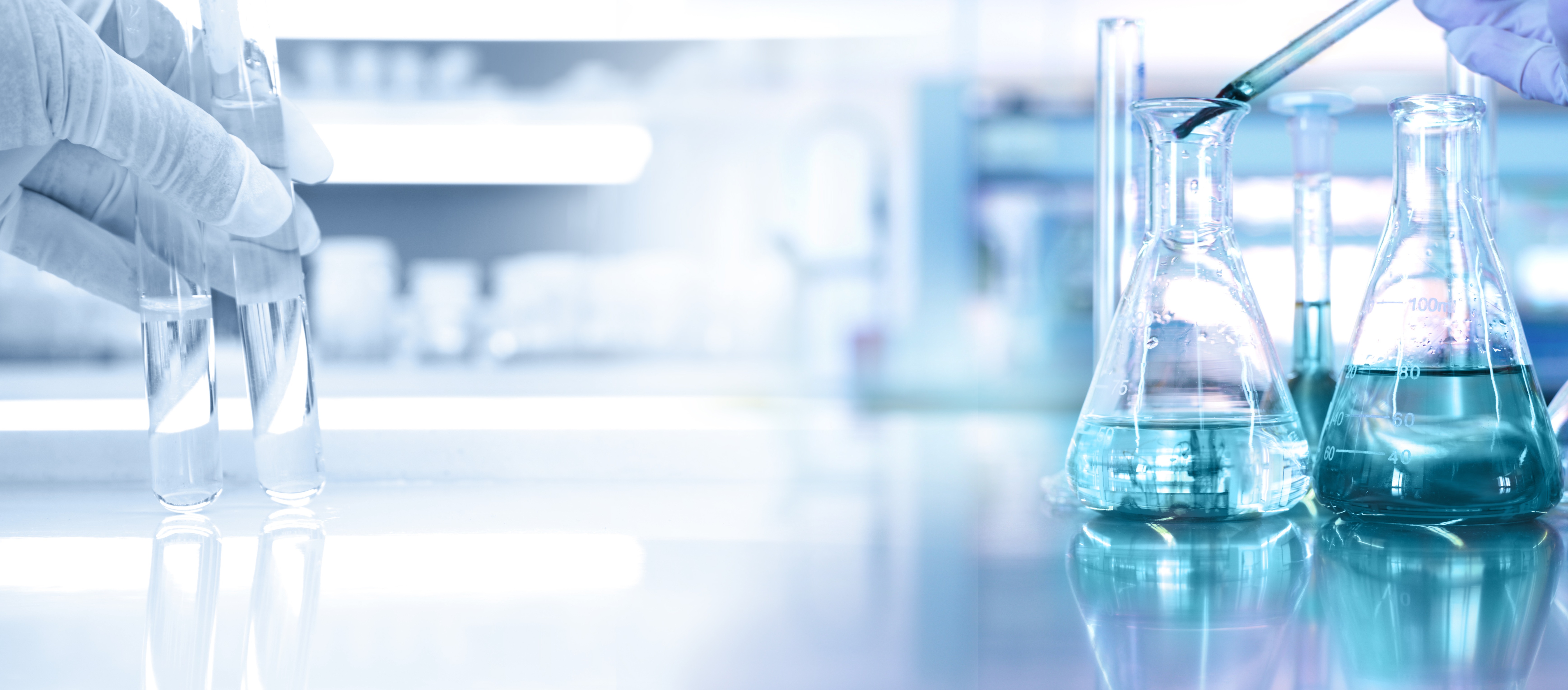News

 The challenges faced by the pharmaceutical industry in treating its effluents
The challenges faced by the pharmaceutical industry in treating its effluents
The pharmaceutical sector plays a key role in modern society, helping to improve people's health and well-being. However, the production of medicines and pharmaceutical products also generates industrial effluents which, if not properly treated, can have harmful consequences for the environment and public health.
Pharmaceutical industrial effluents are a complex combination of chemical substances from production processes. They often contain drug residues, solvents, chemicals used in manufacturing, heavy metals and other potentially harmful substances. These compounds can be persistent, bioaccumulative and toxic for the environment. In addition, antibiotics in effluent can contribute to antimicrobial resistance, a growing global health problem.
Long-term exposure to low concentrations of drugs and chemicals in drinking water can have adverse effects on human health, including endocrine disorders, allergies and potential carcinogenic effects. It is therefore crucial to put in place effective treatment systems to minimise these risks.
To meet these challenges, the pharmaceutical industry has access to advanced effluent treatment technologies. Commonly used methods include advanced oxidation, activated carbon adsorption, membrane filtration and bioremediation. These techniques degrade toxic compounds, eliminate contaminants and purify effluents before they are released into the environment. The treatment of industrial effluents in the pharmaceutical sector represents a major challenge in terms of protecting the environment and public health.
By adopting state-of-the-art technologies and rigorous regulations, it is possible to reduce the impact of pharmaceutical effluents on the environment and minimise the risks to public health. It is essential to continue research and development efforts in this field in order to guarantee effective and responsible treatment of pharmaceutical industrial effluents.



